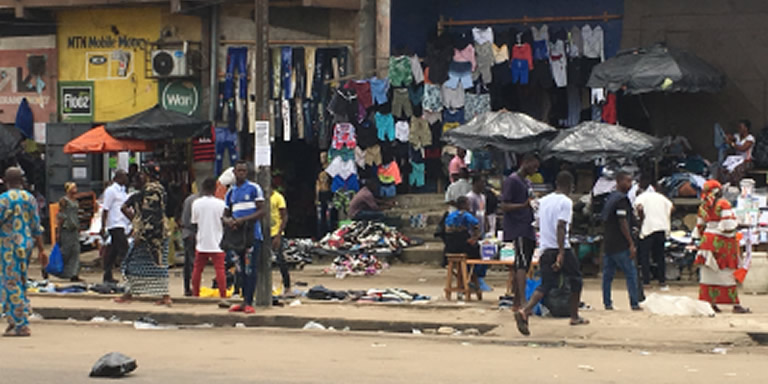President Ouattara’s declaration threatens Cote d’Ivoire’s stability
There has been civil conflict in Abidjan and outbreaks of violence all around Cote d’Ivoire since the declaration on 7th August of Alassane Ouattara, President of the Republic, to stand as a candidate for an unprecedented (and many say illegal) third time in the forthcoming presidential election on 31 October, 2020.
Article 55 of the Cote d’Ivoire constitution states that “the President of the Republic is elected for five years by direct universal suffrage. He can only be re-elected once”. Having recently and robustly denied that he would stand again, President Ouattara, 78, is now accused of a long-planned and calculated deception, although he always claimed that he had the right to do so. It was he who rewrote the Constitution four years ago.
However, his claim that his new constitution as adopted wiped his slate clean after two mandates and 10 years of Presidency has not gone down well with opposition politicians, academics and constitutionalists, who point to article 183 of the same constitution: “The legislation currently in force in Côte d’Ivoire remains applicable, except for the intervention of new texts, in that it has nothing contrary to this Constitution”.
The popular reaction started slowly after the independence day celebrations, with peaceful demonstrations in the capital. However, since the beginning of this week, there have been major protests and increasingly violent demonstrations in towns and cities across the country.
In Daoukro, there was a violent clash between opposition demonstrators and police, featuring tear gas, burning tires and road blocks. In Gagnoa, police had to run for their lives from the demonstrators. In Abidjan’s poorest districts of Yopougon and Abobo there is a high level of lawlessness and violence.
Opposition parties have called on their supporters to help to block what they believe to be an attempted constitutional coup by the head of state. The President’s supporters are organising counter demonstrations and have moved soldiers to guard and occupy the capital’s major bridges, risking a confrontation which could throw the country into renewed political unrest and instability.
Former international allies of Ouattara have not reacted well to the news. Former South African President Thabo M’beki said he was disgusted with Ouattara’s declaration, saying that he had broken faith with those who trusted him.
Laurent Gbagbo, Cote d’Ivoire’s President before Ouattara, was released from detention in the Hague just over a year ago, but the Ivoirian government has banned him from returning to his country, whether he runs for president or not.
His wife Simone Gbagbo has called on President Ouattara to grant him a diplomatic passport, to release all military and political prisoners and facilitate the safe return of thousands of Ivorian exiles from neighbouring countries, many of whom are the ex-President’s most faithful political supporters.
These are not happy, safe, or secure times for the average Ivorian, and there are still painful memories of the two vicious and murderous civil wars that broke out in 2002-7 and in 2010-11 following a coup in 1999.
Ordinary Abidjanis are fearing the worst for 2020.

